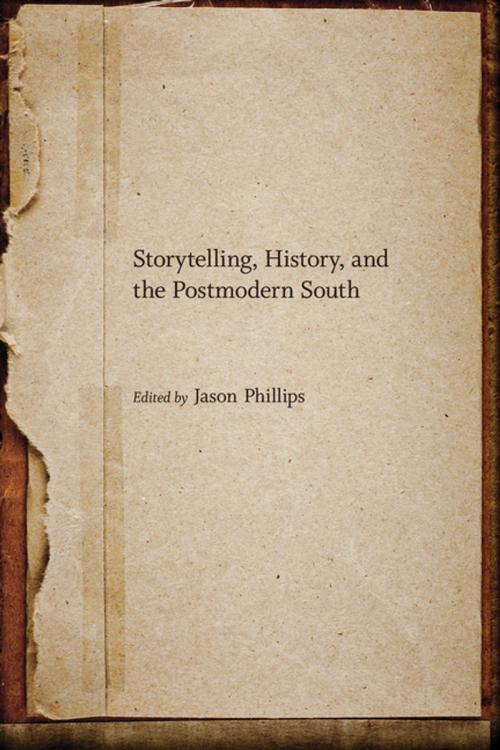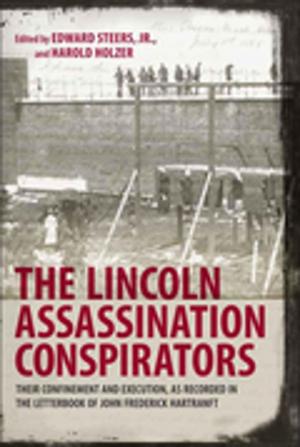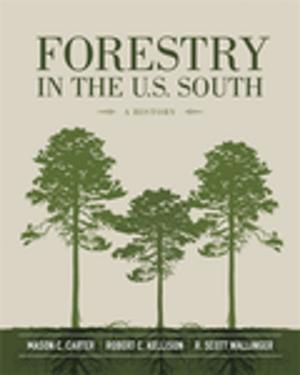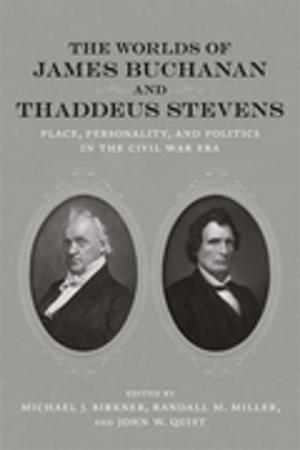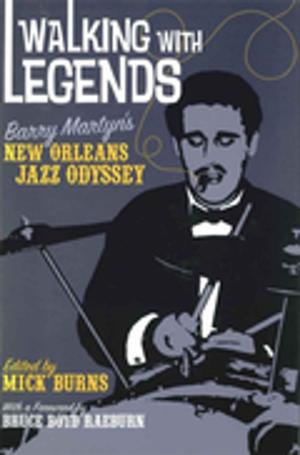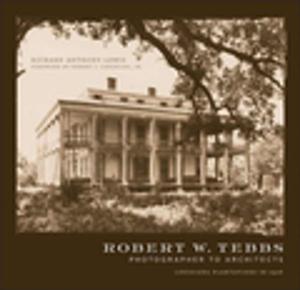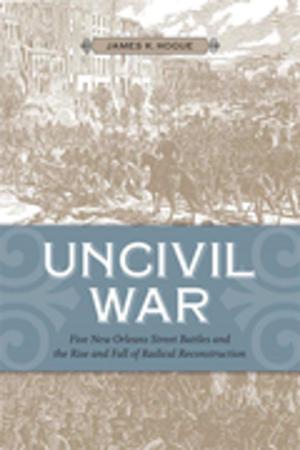Storytelling, History, and the Postmodern South
The Life of a Soldier of Fortune
Fiction & Literature, Literary Theory & Criticism, American, Nonfiction, History, Americas, United States| Author: | ISBN: | 9780807150368 | |
| Publisher: | LSU Press | Publication: | June 10, 2013 |
| Imprint: | LSU Press | Language: | English |
| Author: | |
| ISBN: | 9780807150368 |
| Publisher: | LSU Press |
| Publication: | June 10, 2013 |
| Imprint: | LSU Press |
| Language: | English |
In this innovative collection, Jason Phillips and ten other historians and literary scholars explore the enduring dynamic between history, literature, and power in the American South. Blending analysis with storytelling, and professional insights with personal experiences, they "deconstruct Dixie," insisting that writing the South's history means harnessing, not criticizing, the inherent power of narrative.
Contributors examine white southern texts from multiple, fresh perspectives and consider ways in which storytelling helped shape identity and mold scholarship over time. Bertram Wyatt-Brown argues that William Percy's life and work blurred fact and fiction to reconcile the anti-intellectual conventions of a rural, hierarchical South with his cosmopolitan mindset. Orville Vernon Burton and Ian Binnington investigate nationalism, local allegiances, and the imagined community of the Confederacy. Farrell O'Gorman, Jewel L. Spangler, David A. Davis, Robert Jackson, Anne Marshall, K. Stephen Prince, and Jim Downs explore diverse topics such as southern Gothic fiction and the centrality of religion, white trash autobiographies, the "professional southerner" in literature and criticism, and the "one-drop rule" of racial taxonomy in America.
These writers look beyond ideology and race, showcasing new ways of interpreting texts and encouraging scholars to move beyond theory to engage the historical context of southern stories and storytelling.
In this innovative collection, Jason Phillips and ten other historians and literary scholars explore the enduring dynamic between history, literature, and power in the American South. Blending analysis with storytelling, and professional insights with personal experiences, they "deconstruct Dixie," insisting that writing the South's history means harnessing, not criticizing, the inherent power of narrative.
Contributors examine white southern texts from multiple, fresh perspectives and consider ways in which storytelling helped shape identity and mold scholarship over time. Bertram Wyatt-Brown argues that William Percy's life and work blurred fact and fiction to reconcile the anti-intellectual conventions of a rural, hierarchical South with his cosmopolitan mindset. Orville Vernon Burton and Ian Binnington investigate nationalism, local allegiances, and the imagined community of the Confederacy. Farrell O'Gorman, Jewel L. Spangler, David A. Davis, Robert Jackson, Anne Marshall, K. Stephen Prince, and Jim Downs explore diverse topics such as southern Gothic fiction and the centrality of religion, white trash autobiographies, the "professional southerner" in literature and criticism, and the "one-drop rule" of racial taxonomy in America.
These writers look beyond ideology and race, showcasing new ways of interpreting texts and encouraging scholars to move beyond theory to engage the historical context of southern stories and storytelling.
